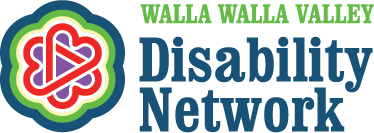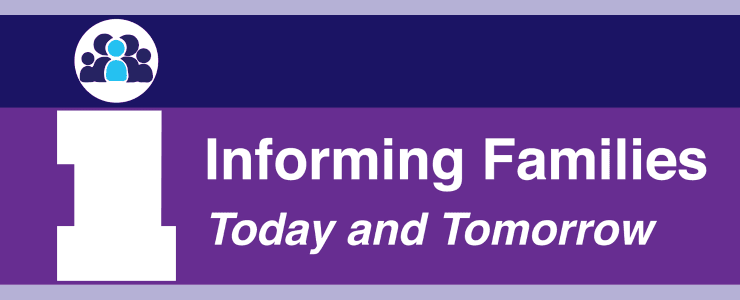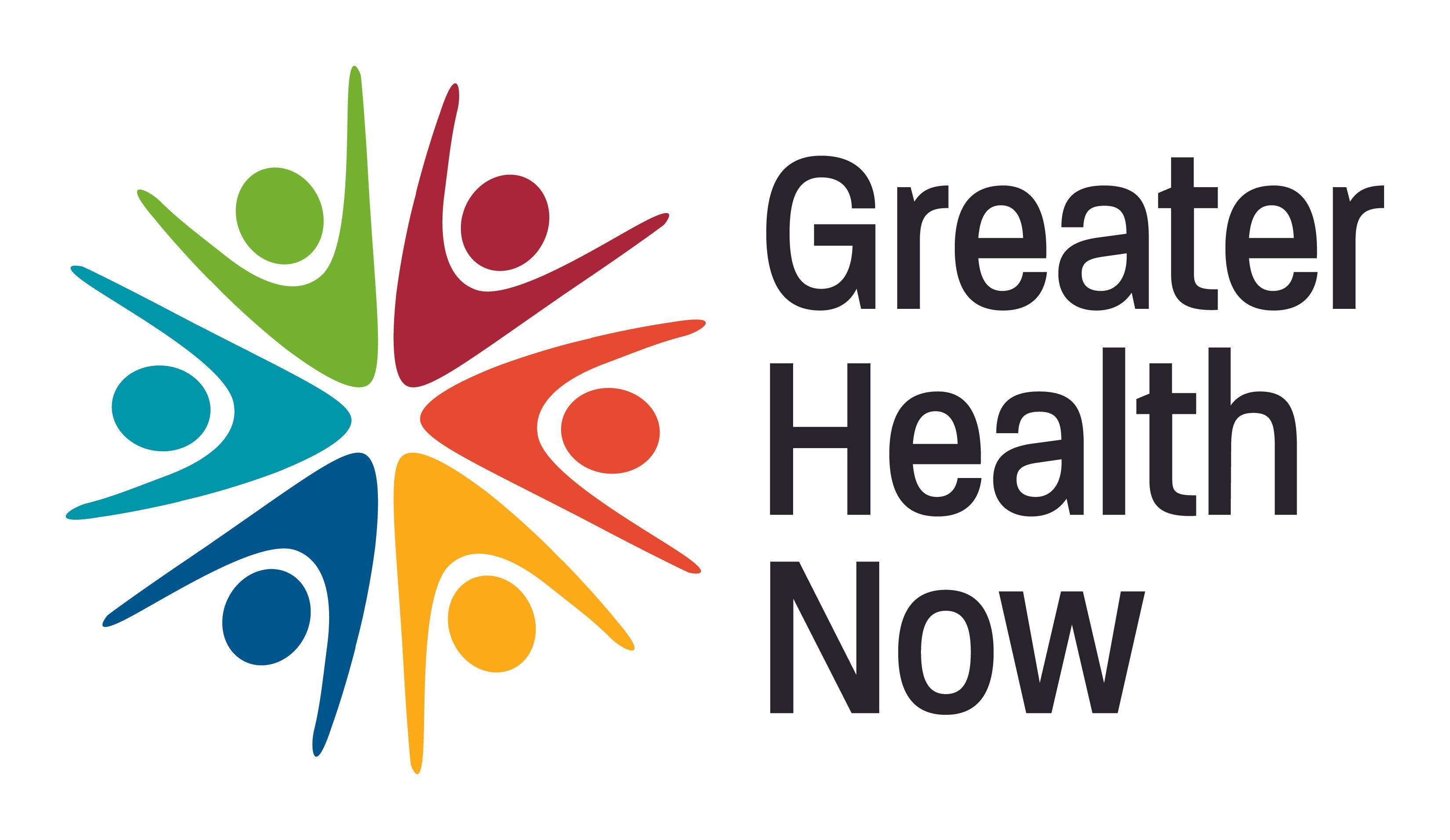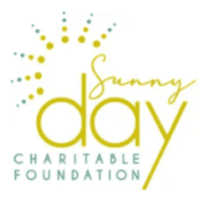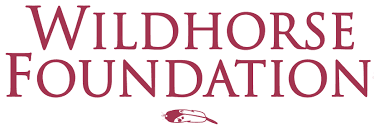-
ABA - Applied Behavioral Analysis
The goal of ABA therapy is to teach skills, increase appropriate behavior and decrease inappropriate behaviors.
-
ADA
Americans with Disabilities Act
-
ADHD
Attention Deficit Hyperactivity Disorder
-
AFDC
Aid to Families with Dependent Children
-
ALC
Alternative Learning Center
-
ASD
Autism Spectrum Disorder
-
AYP
Adequate Yearly Progress
-
Autism, or autism spectrum disorder, refers to a range of conditions characterized by challenges with social skills, repetitive behaviors, speech and nonverbal communication, as well as by unique strengths and differences. There is not one autism but many types, caused by different combinations of genetic and environmental influences. The term “spectrum” reflects the wide variation in challenges and strengths possessed by each person with autism.
-
BD
Behavior Disordered
-
BIP
Behavior Intervention Plan
-
CAPD
Central Auditory Processing Disorder
-
A blanket term for several disorders that affect normal, healthy movement in different parts of the body and has many degrees of severity. CP causes problems with posture, gait, muscle tone and coordination of movement. The word “cerebral” refers to the brain’s cerebrum, which is the part of the brain that regulates motor function. “Palsy” describes the paralysis of voluntary movement in certain parts of the body.
-
Children with Special Health Care Needs
-
Cognitive
relating to the mental processes involved in knowing, learning, and understanding things.
-
DD
Developmental Disability
-
Developmental Disabilities Administration
-
Department of Social and Health Services
-
DSM-IV-R
Diagnostic & Statistical manual of Mental Disorders 4th Rev.
-
Division of Vocational Rehabilitation
-
Developmental Delay
A delay may be caused by short-lived issues, such as a speech delay being caused by hearing loss from ear infections or a physical delay being caused by a long hospitalization. Delays may also be early signs of learning and attention issues. While it’s not always clear what is causing the delay, early intervention can often help kids catch up. Some kids still have delays in skills when they reach school age. In that case, they may be eligible to receive special education services.
-
Developmental disabilities
These are issues that kids don’t outgrow or catch up from, though they can make progress. They aren’t the same as learning disabilities, but they can make learning more difficult. Some conditions that can cause developmental disabilities include Down syndrome, Angelman syndrome, autism, fetal alcohol spectrum disorders (FASD) and brain injuries.
-
Down syndrome
(DS), also called Trisomy 21, is a condition in which a person is born with an extra chromosome. Individuals who have Down syndrome tend to have certain physical features as well as some degree of intellectual disability that varies from person to person and is, in most cases, mild to moderate.
-
ECSE
Early Childhood Special Education
-
Early Support for Infants and Toddlers
-
ESL
English as a Second Language
-
ESY
Extended School Year
-
Epilepsy
Epilepsy is a central nervous system (neurological) disorder in which brain activity becomes abnormal, causing seizures or periods of unusual behavior, sensations, and sometimes loss of awareness. Seizure symptoms can vary widely. Some people with epilepsy simply stare blankly for a few seconds during a seizure, while others repeatedly twitch their arms or legs.
-
FAPE
Free Appropriate Public Education
-
FASD - Fetal alcohol spectrum disorders
An umbrella term describing the range of effects that can occur in an individual whose mother drank alcohol during pregnancy. These effects may include physical, mental, behavioral, and/or learning disabilities with possible lifelong implications.
-
FBA
Functional Behavior Assessment
-
FERPA
Family Educational Rights and Privacy Act
-
GAF
Global Assessment of Functioning
-
ICF
Intermediate Care Facility
-
ID
Intellectual Disability
-
IDEA
Individuals with Disabilities Education Act
-
Individualized Education Plan
-
IFSP
Individualized Family Service Plan
-
IQ
Intelligence Quotient
-
LRE
Least Restrictive Environment
-
Modified Checklist for Autism in Toddlers - Revised
-
MD - Muscular Dystrophy
Muscular dystrophy is a group of diseases that cause progressive weakness and loss of muscle mass. In muscular dystrophy, abnormal genes (mutations) interfere with the production of proteins needed to form healthy muscle.
-
OHI
Other Health Impairment
-
OI
Orthopedic Impairment
-
OT - Occupational Therapy
Helps a child with fine motor and vision perceptual skills. OT could help a child learn to play with toys, dress, eat, wash their face, brush their hair, and use the toilet independently.
-
PBSP
Positive Behavior Support Plan
-
PCP
Person Centered Plan
-
PT - Physical Therapy
Focuses on improving a child’s large muscles and can help a child with sitting, walking, running and other types of movement.
-
RBP
Research-Based Practices
-
RFP
Request for Proposal
-
SI
Sensory Integration
-
SLP
Speech/Language Pathologist
-
SLT - Speech and Language Therapy
Helps a child learn to talk or use other forms of communication, learn social skills, and may be used to help a child with chewing, drinking and swallowing.
-
SSA
Social Security Act or Administration
-
SSDI
Social Security Disability Insurance
-
SSI
Supplemental Security Income
-
TBI - Traumatic Brain Injury
Traumatic brain injury usually results from a violent blow or jolt to the head or body. An object that penetrates brain tissue, such as a bullet or shattered piece of skull, also can cause traumatic brain injury. Mild traumatic brain injury may affect your brain cells temporarily.
-
TS - Tourette Syndrome
TS causes people to have “tics”. Tics are sudden twitches, movements, or sounds that people do repeatedly. People who have tics cannot stop their body from doing these things.
-
VI
Visual Impairment
-
VR
Vocational Rehabilitation
